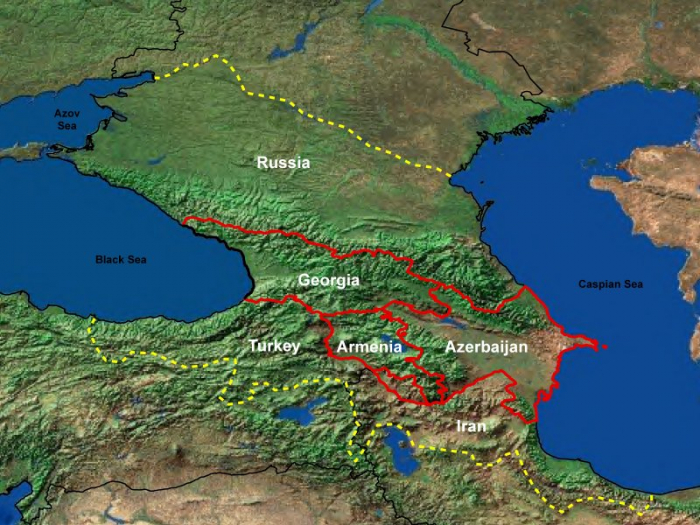Armenia was also in hesitation to join this regional initiative. Although Armenia voiced contradictory statements, our western neighbor took part in the talks. Following the Moscow talks, on December 13, Turkey’s Foreign Minister Mevlut Cavusoglu said Ankara and Yerevan will appoint special envoys to normalize ties, adding that “Turkey will coordinate its steps with Azerbaijan.”
After Ankara’s remarks, Armenian political scientists began to voice different opinions on whether it is expedient for Yerevan to join the 3+3 cooperation platform in the South Caucasus. Tbilisi’s refusal to join the platform has caused controversy among Armenians.
Armenian Turkologist Ruben Safrastyan says Yerevan favors trilateral talks, in other words, it wants to see Russia as the only mediator. “Turkey is our enemy and the “elder brother” of Azerbaijan. So, these talks are not going to produce any positive results for Armenia, and, conversely, the pressure on our country will increase. As for Iran, this country will take a bit passive part in this issue.”
Safrastyan argues that the 3+3 platform is more unfavorable for Yerevan than the Armenia-Russia-Azerbaijan trilateral format and the Minsk Group-mediated talks.
On the contrary, political scientist Garik Keryan believes that Armenia should continue negotiations to break out of regional isolation and find a way to live peacefully together with neighboring countries, including Turkey and Azerbaijan.
Earlier, the parties agreed to hold the upcoming talks on a rotational basis at least twice a year in one of the participating countries. The talks are coordinated and chaired by the foreign ministries in the presence of economy and transport ministries and, if necessary, other corresponding bodies.
Sabina Hasanova
AzVision English
More about: South-Caucasus
















































